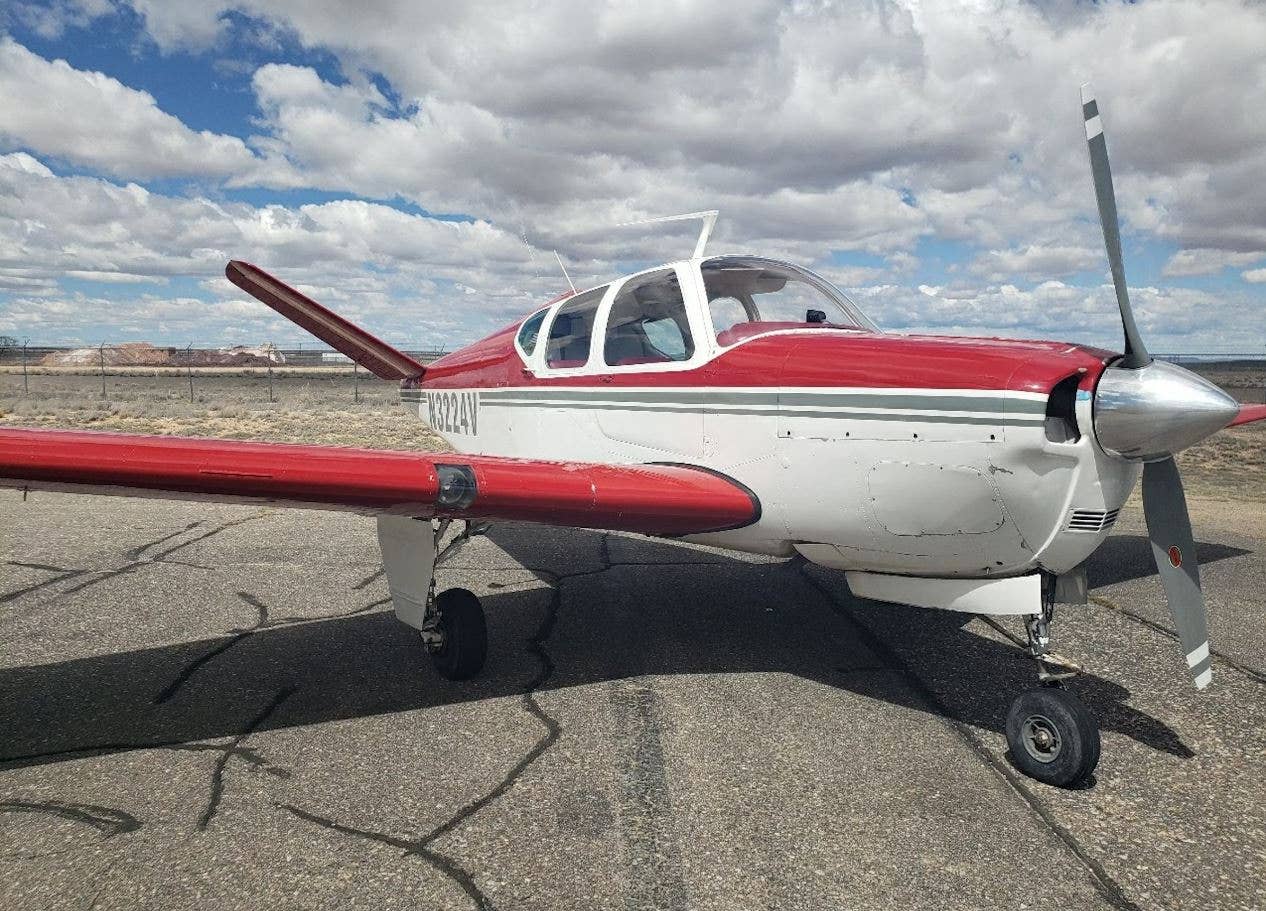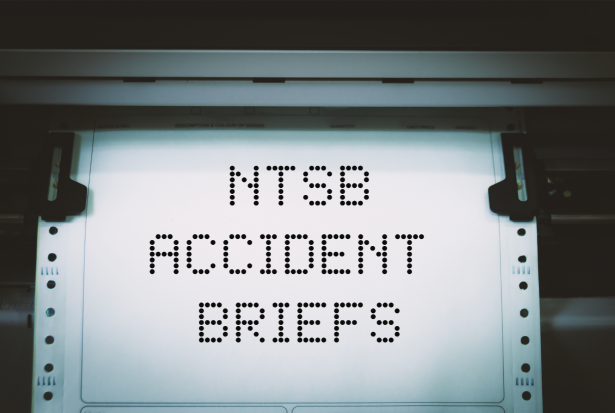It Looks Like We Just Got Lucky In FAA Reauthorization
What next year’s FAA looks like for good and for bad
The Senate has come up with its version of a bill to keep the FAA funded for a while as it sorts out the slightly longer term funding picture. (If this strikes you as a crazy way to do business with an agency, the FAA, that we're all pretty sure we'll still need around in a few years, you're not alone.) As part of our great system of government, the Senate's effort, if it passes, still needs to be merged with the House bill, if it passes, to come up with the final bill, which the president will surely sign into law, as he wants the FAA to be around for awhile too. The good news is, there's great news from both sides of the aisle and from both Houses of Congress.
The Senate has pointedly ignored the effort to privatize Air Traffic Control (huge sigh of relief) that's part of the House Bill, sponsored by the team of representative Bill Shuster and the airline lobby. That proposal has tied up the House bill and will likely be stripped from it once the House and Senate hammer out the final version. That proposal (check here and here)that the United States give away our ATC system to a not-for-profit group controlled by the airlines, an idea that until a few weeks ago seemed to have a lot of momentum.
Gone with the ATC Privatization scheme is the idea of users fees, at least in the Senate version, making their adoption at this point an extreme long shot, according to veteran FAA observers.
The news continues to be good, as it looks like a good bet that the final version will contain language supporting the driver's license medical for third-class certification, so pilots like many of us will be able to go flying without spending a couple of hundred dollars (in the best case scenario) for a checkup that catches very little in the way of hazardous medical conditions and often leads to extraordinary costs to pilots with very little additional safety in return. The airline pilots unions have lobbied extensively against it,though it's hard to understand why, so any such proposal might restrict privileges for pilots operating with a driver's license in lieu of an FAA medical. Early versions of the idea, for instance, would have restricted driver's license pilots to VFR and to carrying a single passenger, ideas that fly in the face of what we know about safety and risk in light GA transportation flying.
As the legislation winds its way toward approval, it's likely that Congress will pass a short-term extension to the current FAA funding to keep the whole ball rolling until reauthorization takes effect, probably before summer.

Subscribe to Our Newsletter
Get the latest Plane & Pilot Magazine stories delivered directly to your inbox





